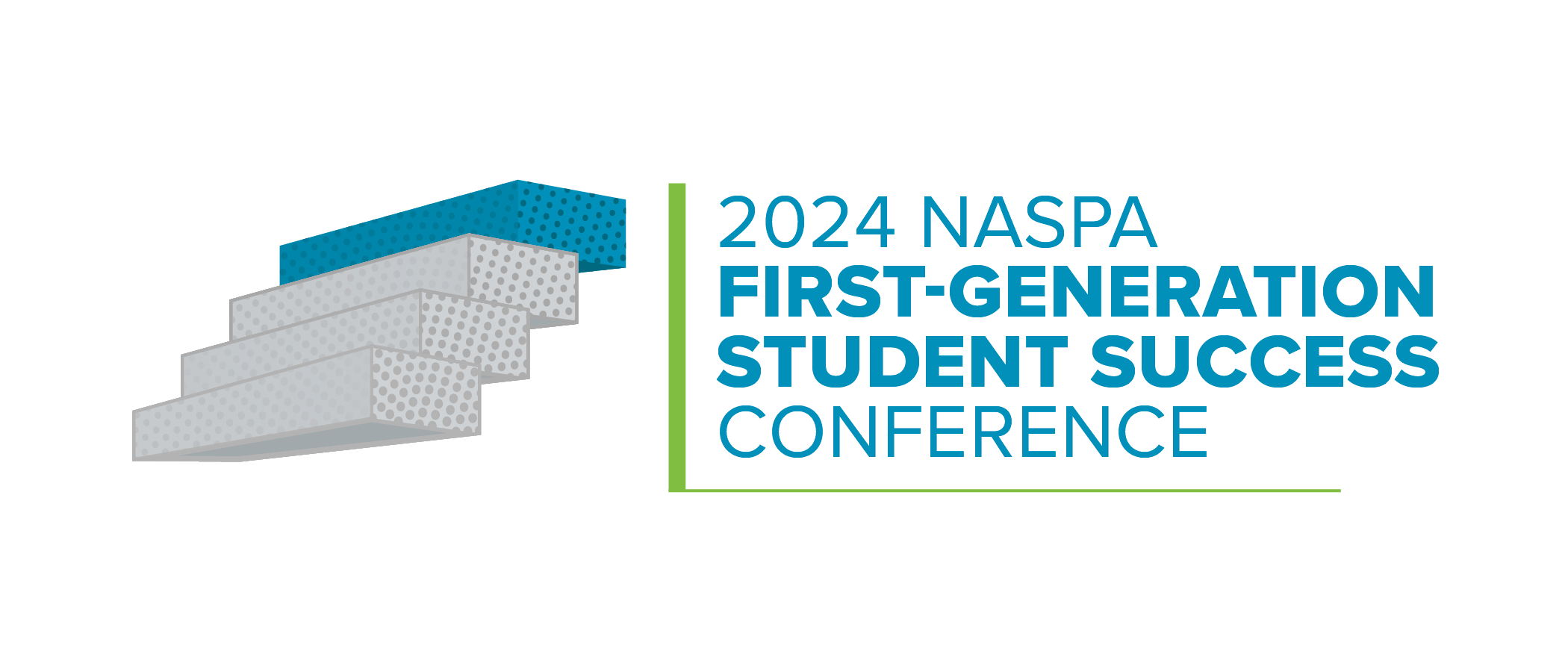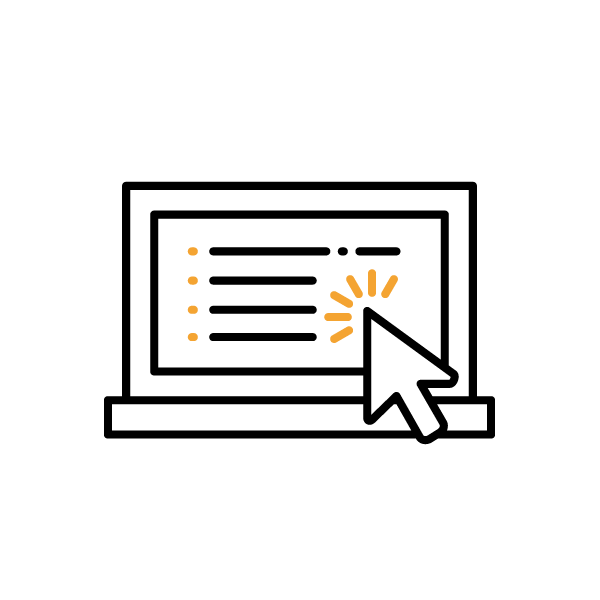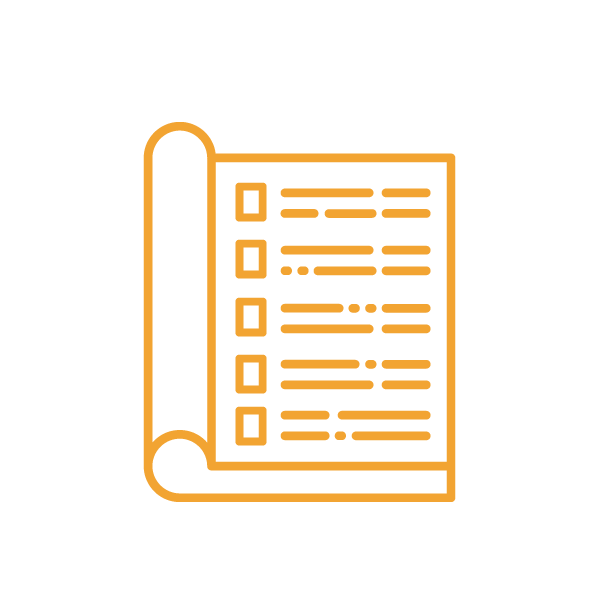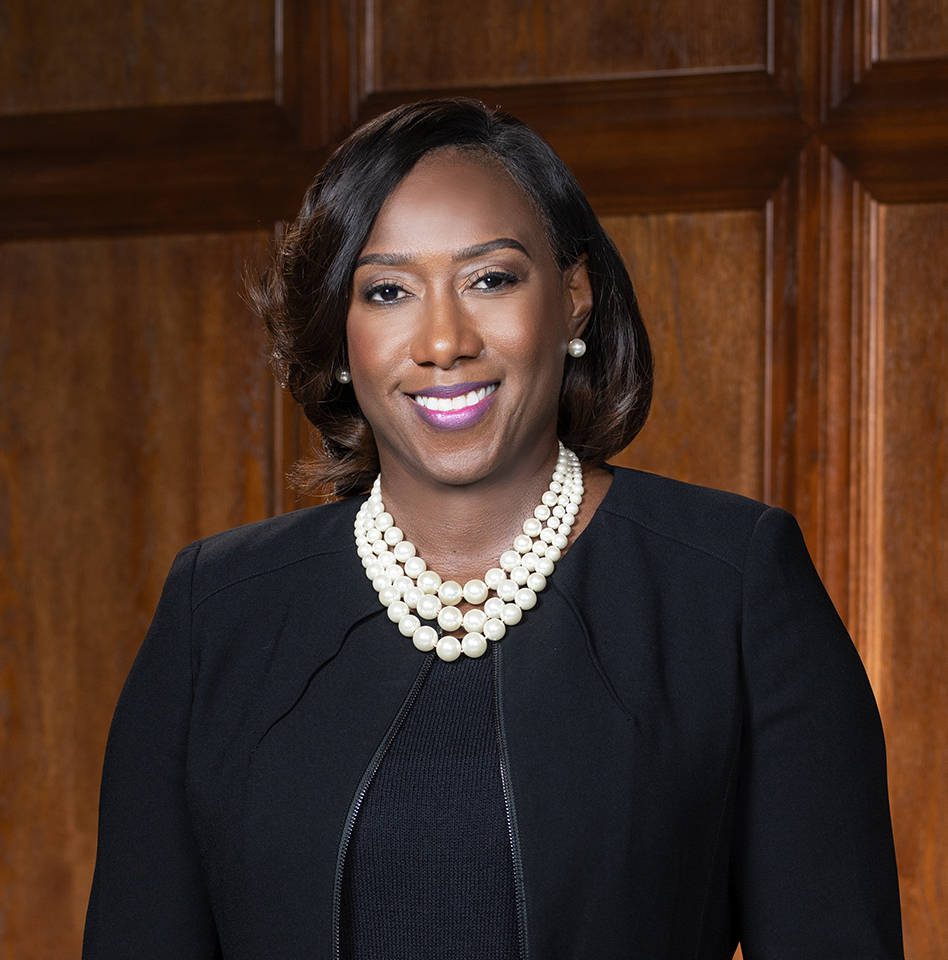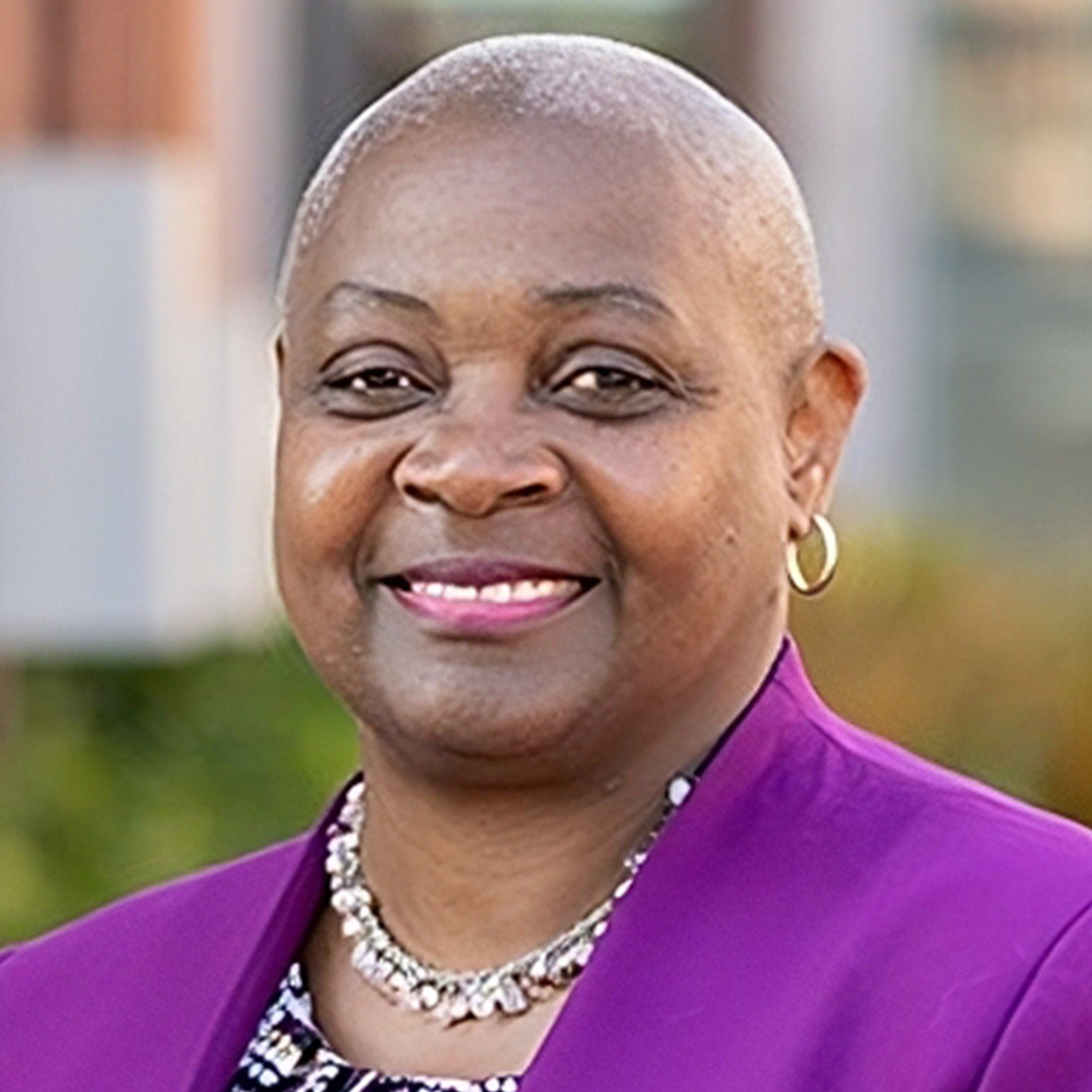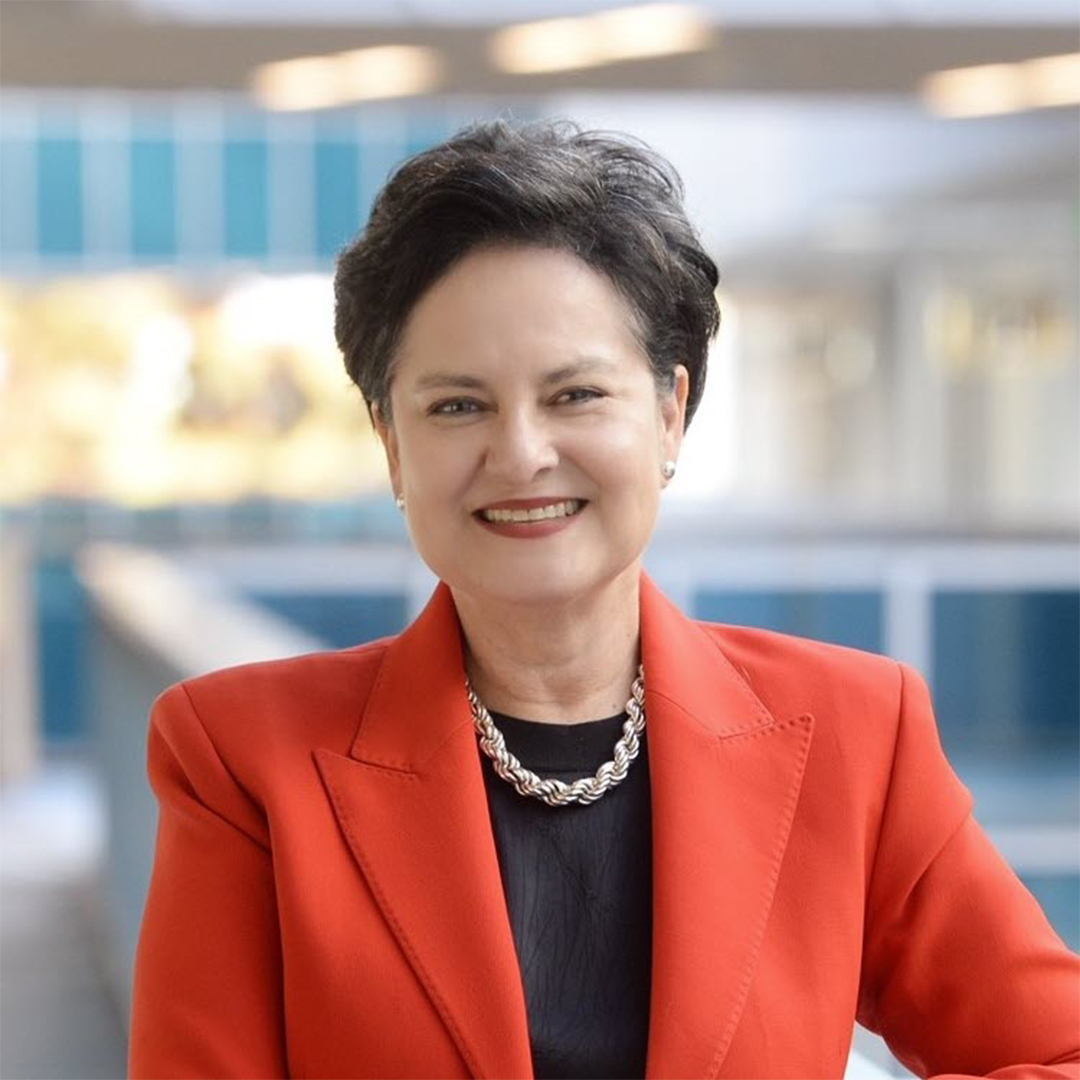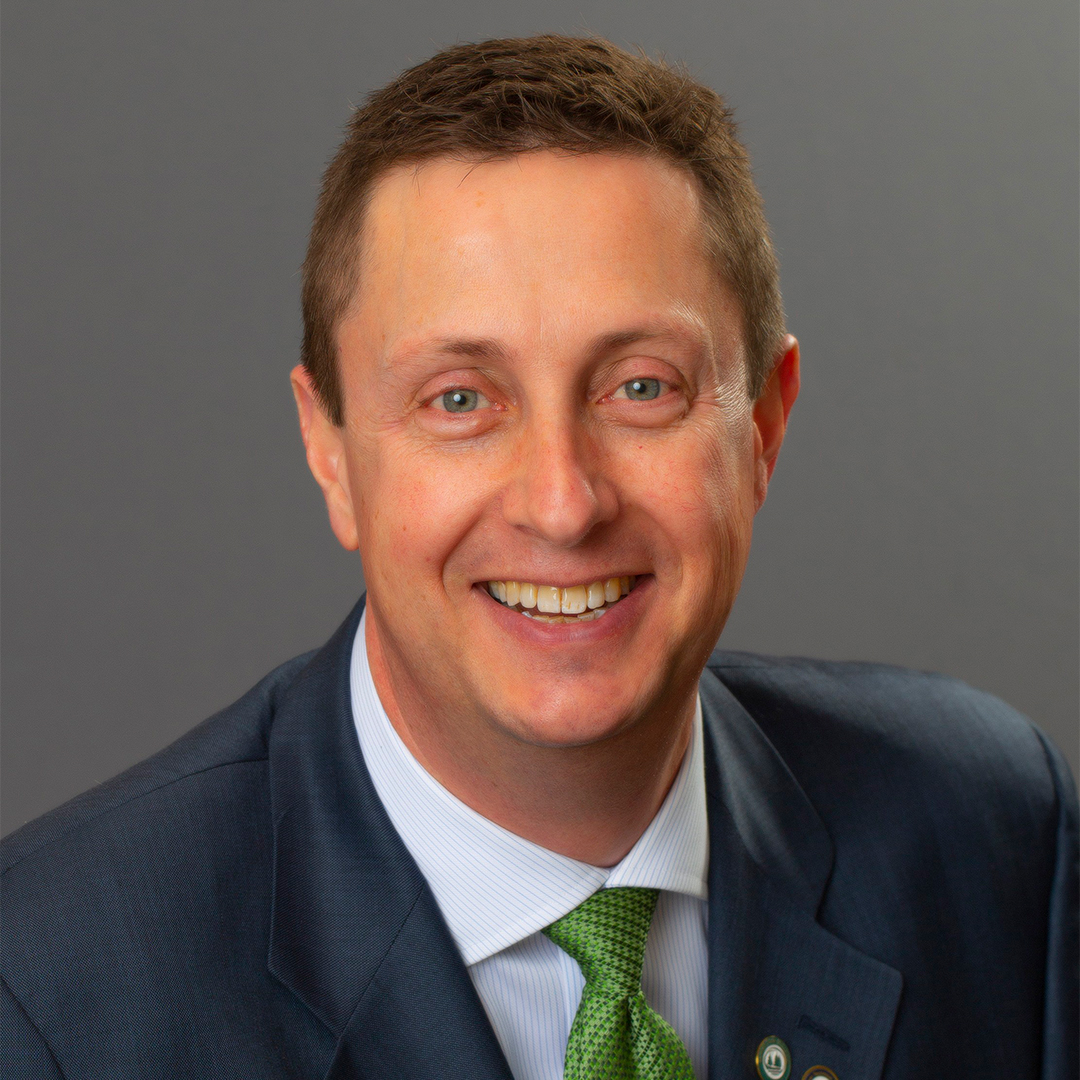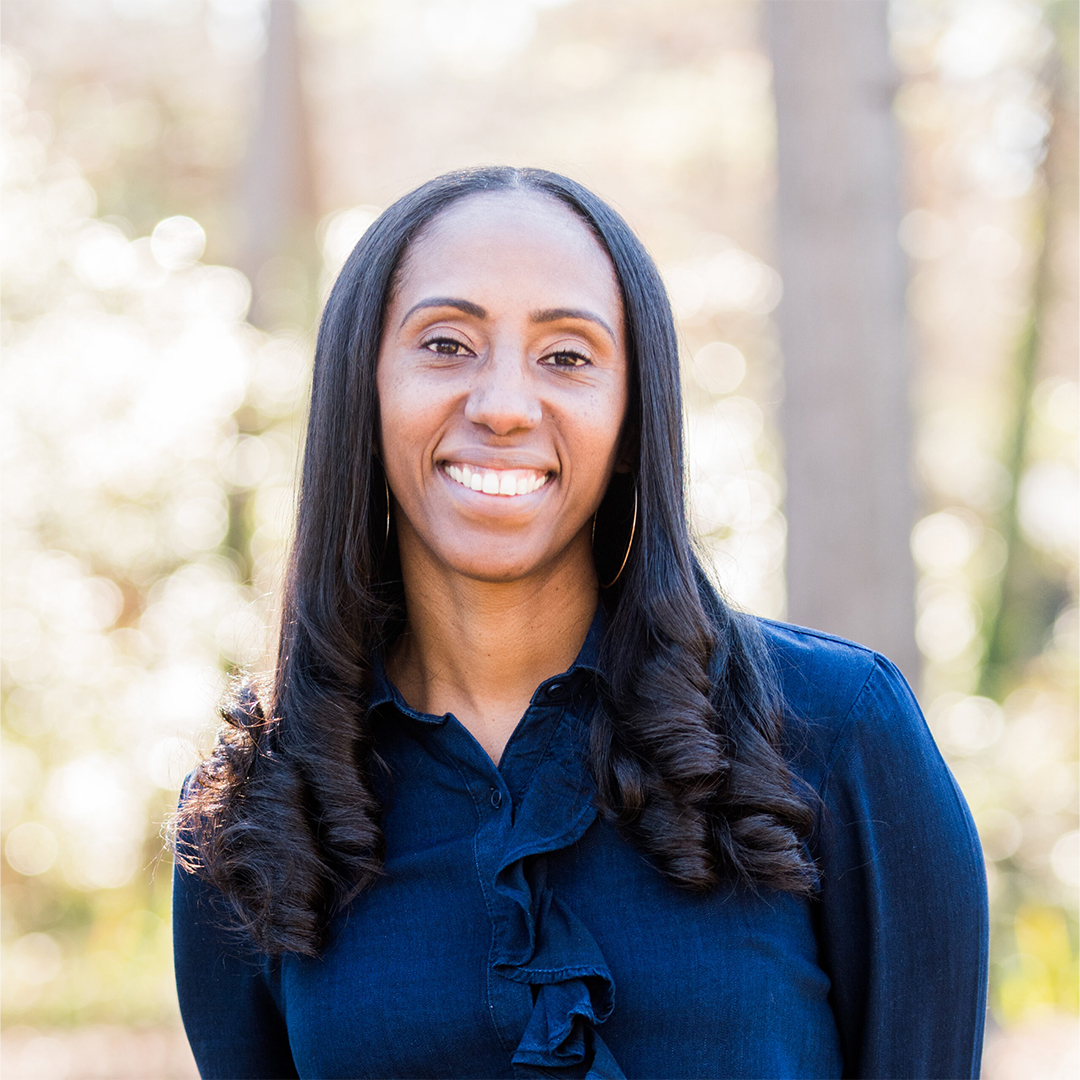2024 NASPA Conferences on Student Success in Higher Education.
The NASPA Conferences on Student Success in Higher Education is nearly SOLD OUT. We will close the registration soon and no on-site registration will be accepted.
The 2024 NASPA First-generation Student Success Conference, part of the NASPA Conferences on Student Success in Higher Education, will convene scholars and practitioners from June 23 – 25, 2024 to discuss how higher education professionals across the academy can develop effective approaches to improve the outcomes of first-generation college students.
The NASPA Conferences on Student Success in Higher Education convenes the student success-focused community to engage in important professional development, exchange innovative ideas, and network with peers. You will engage with content from the Assessment, Planning, and Data Analytics Conference, the Dismantling Systemic Barriers to Student Success Conference, and the First-generation Student Success Conference in Anaheim, California.
In addition to a robust selection of educational programming, the conference offers multiple dynamic keynotes, thought-provoking pre-conference workshops, exhibit hall offerings, and much more. This event is your opportunity to take a cross-functional approach to student success when it has never been more important.
Benefits
The 2024 NASPA Conferences on Student Success in Higher Education will offer innovative ways to engage through:
-
multiple days of curated content facilitated by subject-matter experts from all three conference tracks;
-
educational sessions and connections to presenters and attendees;
-
thoughtful presentations from featured speakers to strengthen your knowledge base;
-
opportunities to engage and network with other attendees across conferences; and
-
an exhibit hall for real-time engagement with sponsors and exhibitors.
About the First-generation Student Success Conference
ATTEND THE FIRST-GENERATION STUDENT SUCCESS CONFERENCE TO:
-
understand the lived experiences and vast intersectionality of first-generation college students across academic years, institutional types, and sectors;
-
discuss systemic and institutional barriers first-generation students face in higher education and identify asset-based strategies;
-
identify and use strategies for supporting first-generation students and bridging gaps in cultural capital through asset-based programmatic approaches, services, and skill-building;
-
discuss and implement approaches for creating an engaged campus community that identifies, supports, and celebrates first-generation college students;
-
recognize and engage with scholarly literature and current research critical to understanding and advancing first-generation student outcomes; and
-
consider evaluation, assessment, and data strategies for understanding and improving institutional and programmatic first-generation initiatives.
Registration
The NASPA Conferences on Student Success in Higher Education is nearly SOLD OUT. We will close the registration soon and no on-site registration will be accepted.
Member registration is based on individual membership status at the time of the event. If your current membership expires prior to the event, you will have the option to renew at the time of registration to receive the member rate.
The Conferences on Student Success in Higher Education converge three events into one. Please select the conference which is most applicable to you, though you are welcome to attend sessions and presentations across any of the conferences.
Register Today!
If you are not a current member and are employed by a college or university that is an institutional member, you can join as a professional affiliate member for $80. If your institution is NOT a member, you can join as an associate affiliate member for $250. Both membership types provide access to the individual member rate for the event. Please visit the membership section of the NASPA website to learn more about membership types and benefits. We hope you’ll consider joining today!
If you are experiencing financial hardship, you may qualify for a NASPA Foundation Membership Scholarship or NASPA Foundation Access Scholarship, which can be used for this event.
Note that a pre-conference workshop can be added to an existing registration before the conference.
-
Conference-Only Registration
REGISTRATION FEES
Early Registration
02/03/2025 to 04/18/2025Regular Registration
04/19/2025 to 06/04/2025Late Registration
06/05/2025 to 06/27/2025NASPA Member
$595 $645 $725 Non-Member
$795 $845 $925 NASPA Student Member
$245 $295 $375 -
Full-Day Pre-Conference Registration
FULL-DAY PRE-CONFERENCE REGISTRATION FEES
Early Registration Regular Registration Late Registration NASPA Member
$125 $145 $195 Non Member
$225 $245 $295 -
Half-Day Pre-Conference Registration
HALF-DAY PRE-CONFERENCE REGISTRATION FEES
Early Registration Regular Registration Late Registration NASPA Member
$75 $95 $145 Non Member
$175 $195 $245
Registration Policy
Be sure to carefully review the registration policy information below. For a comprehensive listing of NASPA registration policies, please visit this page.
-
Registration Policies
Refunds will be given for cancellations less a $50.00 processing fee. In addition, a processing fee of $50.00 per registration will be charged for credit cards declined. Please allow 30 business days for processing. To inquire about the status of a refund after 10 business days, please send an email to [email protected].
Substitutions are allowed by individuals within the same institution/company. Substitutions should have the same member classification so that the payment is an even exchange transfer of payment. Additional charges may apply if the membership status is not the same. Please email your request for the substitute attendee to [email protected].
Please note, individual NASPA memberships are non-refundable and non-transferable.
Additional registration questions? Please contact the NASPA office at 202-265-7500 or via e-mail to [email protected]. For a comprehensive listing of NASPA registration policies, please visit this page.
-
Special Registration Types
The 2024 Conferences on Student Success in Higher Education offers special registration types to individuals and institutions as a part of their participation in certain NASPA programs.
Individuals, institutions, and organizations that identify as any of the registration types below will receive separate communication regarding conference registration. Please do not send an email requesting a passcode.
-
Exhibitor/Sponsor
-
FS/FgF Cohort Institution
-
First-gen Center Partner
The one day registration type is ideal for presenters and attendees that are local to the Anaheim, CA venue location. Registrants will be asked to identify which conference date (June 23 - June 25, 2024) they plan to attend.
-
One Day Registration
-
-
Group Registration Process
To receive one invoice for multiple registrations, you must complete this group registration form. Please note that we can only offer a single invoice for groups of between six and twenty registrants from a single institution or organization. Groups of five or fewer must register separately and will receive individual invoices. Groups of twenty-one or more will need to submit multiple copies of the form linked above.
For example: If an institution aims to register 27 staff members; 1–20 will be submitted through the form, and 21–27 will be submitted through another (separate) copy of the same form.
People who have already registered outside of the group cannot be added to the group registration and will have to pay for their registrations separately. No refunds will be given to individuals who completed their registrations separately and now desire to be added to a group invoice.
Please forward any questions about group registration to the Conference Planning Committee at [email protected].
-
NASPA Global Health, Safety, and Responsibility
Event Safety During Ongoing Public Health Emergencies
With ongoing public health emergencies, NASPA is prepared to manage our place-based events with the health, safety, and well-being of our attendees, staff, presenters, exhibitors, sponsors, and speakers in mind. All participants, including, but not limited to, attendees, speakers, sponsors, volunteers, NASPA staff, service providers, and others are expected to abide by our code of conduct and all policies in effect for any event sponsored by the Association.
We will continue to monitor and update safety precautions for all of our conferences regularly and coordinate with trusted national resources, state and local public health agencies, and the hotels/venues hosting our events.
In all cases, we will continue to assess the risks in the area local to the event and the current status in the United States. In keeping with the Association's duty of care and the responsibility as host, NASPA has implemented safety requirements for many of our place-based convenings.
We reserve the right to modify these policies and procedures at any time given the rapidly changing nature of any current and ongoing public health emergencies.
For more information, please visit the Global Health, Safety, and Responsibility page.
Pre-Conference Workshops
All pre-conference workshops will be offered in person prior to the conference. Pre-conference workshops will either be half-day (3-hours) or full-day (6-hours)–both offering participants an in-depth learning experience.
Half-Day Pre-Conference Workshops (3 hours)
These workshops are held at the beginning of the conference and are designed as highly-specialized opportunities to discuss a specific topic or program. Pre-conference workshops will require participants to pre-register for a fee.
Full-Day Pre-Conference Workshops (6 hours)
These workshops are held prior to the conference and offer participants an in-depth study and learning experience. Pre-conference workshops will require participants to pre-register for a fee.
You can review all pre-conference workshop descriptions below.
*Please note that additional registration is required for all pre-conference workshops, though attendees may add pre-conference workshops to an existing registration prior to the conference.
-
First-gen 101: Developing an Asset-based Approach to Student Success
Date: 6/23/2024, 09:00 AM - 12:00 PM
Location: Capistrano AB
Over half of all college-going students identify as first-generation, and the higher education community must play an active role in advancing the success of first-generation students. Implementing an asset-based approach to first-gen student success begins with an understanding of the first-gen student definition and intersectional identities. The presenters will offer a review of the literature to ground a foundational understanding, discuss a framework for implementing an asset-based approach, and provide examples of model institutions.
-
Exploring the Possibilities of Guided Pathways for First-generation Community College Students
Date: 6/23/2024, 09:00 AM - 12:00 PM
Location: El Capitan AB
Of the 1.8 million students enrolled in the California Community Colleges (CCC) system, 35% identify as first-generation. The CCC system engaged the Guided Pathways (GP) framework to advance equity, transform institutions, redefine college/career readiness, and redesign student support. Implementing GP aims to clear paths for students and remove systemic obstacles to their success. GP is an opportunity for system-wide transformation to rethink how existing structures, programs, and practices align with student needs.
-
Pop Culture isn’t Goofy: Exploring First-generation College Identity in Mass Media and Popular Culture
Date: 6/23/2024, 09:00 AM - 12:00 PM
Location: San Simeon AB
From Viola Davis's award-winning memoir to Spider-Man: No Way Home, the first-generation college experience (and beyond) is gaining currency in mass media. Attendees are invited to join a lively conversation intended to provide social context for these narratives. Presenters will validate pop culture as a vehicle for understanding the first-gen experience and offer attendees promising practices for incorporating these texts into research and programming initiatives, such as new student orientation, courses, and workshops. Cosplay encouraged!
Schedule
The schedule has been designed to provide participants with interactive and engaging programming, opportunities for deeper discussion, and networking. As details evolve leading up to the Conferences, this schedule will be updated to capture changes.
Note: Registration to one conference grants access to content over all three conferences.
Review the Full Schedule for the 2024 NASPA Conferences on Student Success in Higher Education
Featured Speakers
Presidents' Panel
Conference Advisory Committee
The 2024 NASPA Conferences on Student Success in Higher Education (SSHE) Conference Advisory Committee (CAC) is responsible for supporting the creation and execution of the conference experience by leveraging their expertise and lens. The Center is grateful for the thoughtful and intentional volunteers supporting the First-generation Student Success Conference listed below:
Dallas Doane, University of Kansas
Martha Enciso, California State University-Fullerton
Mike Jones, University of Colorado at Boulder
Tiffany Payiavlas, The Ohio State University-Main Campus
Adan Sanchez, San Diego City College
Victoria Vetro, Montgomery County Community College
Keuna WebsterSouthern Methodist University
Venue
All conference activities will take place at the Hilton Anaheim in Anaheim, California.
The hotel room block cutoff date is Thursday, May 30, 2024, or until the block is filled.

Rooms start at $194/night, and rates are subject to applicable tax, which is currently 15% plus 2% Tourism Improvement District fee per room, per night, and is subject to change without notice.
Address: 777 W Convention Way Anaheim, CA 92802
Phone: (714) 750-4321
Room Reservations
Call for Programs and Reviewers
The call for Programs and Reviewers for the 2024 Conferences on Student Success in Higher Education has closed.
We welcome you to submit a program for the First Generation Student Success Conference and join us in June to optimize your own programs and services in the company of the largest student success event in the field.
The conference planning committees encourage program proposals regarding proven practices with content that will engage participants in fruitful discussions and provide meaningful content to bring back to their campuses.
Call for Programs
We invite you to shape the conversations at this year’s conferences by submitting a program proposal. The #SSHE24 CAC encourages proposals sharing evidence-based practices with a delivery that will engage participants in fruitful discussions and provide meaningful content to advance institutional efforts. If you have any questions about your submission, please email us.
The Call for Programs Has Closed.
Call for Reviewers
Serving as a program reviewer is a volunteer professional development opportunity that affords you a behind-the-scenes look into the evidence-based practices and promising programs your colleagues intend to showcase at #SSHE24.
The Call for Reviewers Has Closed.
Check out the program descriptions and worksheet below to learn more about the different sections of the program proposal and learning outcomes for each conference.
-
Program Types
- General Interest (50 minutes): The most common educational opportunity at the virtual conference, usually consists of the presentation of a program, data, research, or theoretical concept, followed by audience questions and a brief discussion.
- Learning Lab (30 minutes): Designed to give participants actionable ideas and tools to take back to their campus. Presenters will share ideas for 20 minutes, followed by 10 minutes for questions.
- Scholarly Paper (50 minutes): Provide an opportunity for presenters (usually 1-2 scholarly papers are presented in a panel setting) to briefly share a synopsis and key findings from scholarly papers as part of a 50-minute education session. Scholarly papers often focus on results of quantitative, qualitative, or mixed methods studies or report the findings of studies that use historical and philosophical methods.
- Emerging Research Symposium (50 minutes): Provide an opportunity for presenters to share and discuss work in progress research in an informal dialogic setting. Presenters can use this space as a way to gain feedback and insight to further expand research or receive feedback on their research, regardless of the stage of the research project. 50 minute sessions will consist of no more than 2 research projects. Each research project will have 15 minutes to discuss their work with 10 minutes for discussion. Presenters are encouraged to provide resources with a brief overview of the research project. Powerpoint presentations are not required.
- Emerging Research Symposium (75 minutes): Provide an opportunity for presenters to share and discuss work in progress research in an informal dialogic setting. Presenters can use this space as a way to gain feedback and insight to further expand research or receive feedback on their research, regardless of the stage of the research project. 75 minute sessions will consist of no more than 3 research projects. Each research project will have 15 minutes to discuss their work with 10 minutes for discussion. Presenters are encouraged to provide resources with a brief overview of the research project. Powerpoint presentations are not required.
- Roundtable Discussion (50 minutes): Less formal ways to engage other attendees around a central topic or program area. Roundtable discussion sessions will be held concurrently throughout the event in a specific space. Facilitators usually provide a brief introduction to a topic (5-10 minutes) and then lead a discussion with several prompting questions.
- Extended Learning (75 minutes): Provide additional time for audience engagement or discussion. This format is also appropriate for panel discussions, skill demonstration, and practice, or multi-institutional case study presentations. There are a limited number of extended general interest session opportunities.
- Product Educational Session (50 minutes): Third-party organizations and companies have an opportunity to present relevant educational content to conference attendees. Presentations typically include institutional partners in the sharing of educational practices or technology.
- Pre-conference Workshop (Half-day, 3-hour): Offered before the beginning of the conference, half-day workshops are designed as highly specialized opportunities to discuss and engage in a specific topic or program. Half-day pre-conference workshops will require participants to pre-register for an additional fee.
- Pre-conference Workshop (Full-day, 6-hour): Full-day programs held prior to the conference. These events are usually coordinated directly with the applicable conference committee or a related NASPA constituent group. Full-day pre-conference workshops will require participants to pre-register for an additional fee.
- Meetings and Networking Events Space Request: NASPA Constituent Groups, Knowledge Communities, and/or Divisions are welcome to submit a space request for meetings, networking events, or receptions. Please note that space is limited at the conference venue and not all requests can be guaranteed a meeting space.
-
Conference Learning Outcomes & Themes
Program proposals will identify one of the conferences that best matches the content submission. Note: Programs may only submit to one conference. The Conference Advisory Committee will recognize and consider programs that are collaborative and appeal to attendees at more than one conference.
- Assessment, Planning, and Data Analytics Conference (APDA)
- First-generation Student Success Conference (FGSS)
- Dismantling Systemic Barriers to Student Success Conference (DSBC)
-
Call for Programs Guidelines
Program reviewers rely on a well-written description to enhance their understanding of the content and goals of the presentation. The conference planning committees encourage program proposals with proven practices and content that will engage participants in fruitful discussions and provide meaningful content to bring back to their campuses.
Successful proposals should include:
- Lengthy description about session content that you will present.
- Relationship of the program to the conference themes outlined below in 'Conference Themes & Learning Outcomes'
- Identification of the program format (e.g., lecture, panel, debate) including methods for participant involvement (e.g., discussion, effective practice sharing, case study analysis).
- Discussions of replicability: to what extent can the information presented in this program be replicated at other institutions?
- Evidence of the conceptual foundation for proposal content including ways the program content is grounded in research, relevant experience, a cogent model, or appropriate theory.
- Program proposals should establish a clear connection to the research, framework, model, or theory included in their discussions.
- A list of references to relevant research, models, or theory must be listed in the "References" section.
Follow the Program Submission Guidelines for additional tips.
For questions about proposal submission, contact SSHE – [email protected].
